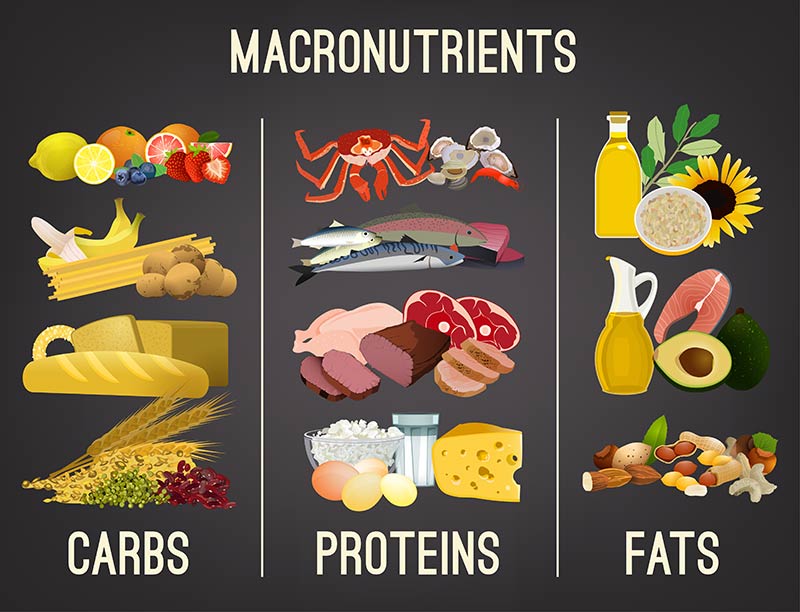Pulse of Information
Stay updated with the latest news and insights.
Cutting Calories Without Losing Your Mind
Discover easy ways to cut calories without stress and enjoy food again. Transform your eating habits without sacrificing your sanity!
10 Simple Strategies to Cut Calories Without Feeling Deprived
Cutting calories doesn't have to leave you feeling hungry or deprived. Here are 10 simple strategies to help you achieve your health goals while enjoying your meals. First, consider incorporating more fruits and vegetables into your diet. They are low in calories but high in volume, which means you can eat more without consuming too many calories. Additionally, try swapping out high-calorie dressings and sauces for herbs and spices, which can add flavor without adding unnecessary calories.
Another effective strategy is to practice mindful eating. This means being present during meals, savoring each bite, and listening to your body's hunger cues. Reducing portion sizes can also help; using smaller plates can create the illusion of a fuller plate while actually consuming fewer calories. Lastly, keep hydrated! Sometimes we confuse thirst with hunger, so stay hydrated by drinking water throughout the day. For more tips on mindful eating, check out this resource.

The Psychology of Eating: How to Reduce Calories Mindfully
The psychology of eating is a fascinating field that explores how our thoughts and emotions influence our food choices. By understanding this connection, we can adopt mindful eating practices that help us consume fewer calories without feeling deprived. One effective strategy is listening to your body's hunger cues. Instead of following rigid diets, try asking yourself if you are truly hungry or if you're eating out of boredom or stress. Incorporating mindfulness techniques can further enhance your awareness of hunger and fullness, allowing you to make more conscious decisions about what and how much to eat.
Additionally, creating a positive eating environment can significantly impact your caloric intake. Reducing distractions while eating—such as turning off the TV or putting away your phone—can lead to greater satisfaction with smaller portions. Consider setting the table nicely and savoring each bite, which can improve your overall eating experience. Studies show that when we eat mindfully, we tend to enjoy our food more and may even feel satisfied with less. For more insights on mindful eating, check out this resource from the Academy of Nutrition and Dietetics.
Is Cutting Calories Worth It? The Hidden Truth Behind Caloric Deficits
In the quest for weight loss, many individuals turn to caloric deficits as the primary strategy. A caloric deficit occurs when you consume fewer calories than your body uses, leading to weight loss over time. However, the reality is more complex than simply cutting calories. While a modest reduction in caloric intake can facilitate weight loss, overly restrictive diets can often lead to nutrient deficiencies, decreased energy levels, and metabolic slowdown. It's essential to strike a balance and ensure that any caloric reduction still includes a variety of essential nutrients.
Furthermore, it’s crucial to understand that simply cutting calories may not always yield sustainable results. According to a study published in Nutrients, prolonged caloric restriction can trigger adaptive thermogenesis, where your body compensates for the lower energy intake by reducing its metabolic rate. This can create a weight loss plateau, leading many to feel frustrated and abandon their weight loss efforts. The hidden truth is that successful weight management often lies not just in cutting calories but in adopting a holistic approach that includes regular physical activity and a balanced diet that keeps your body nourished and satisfied.